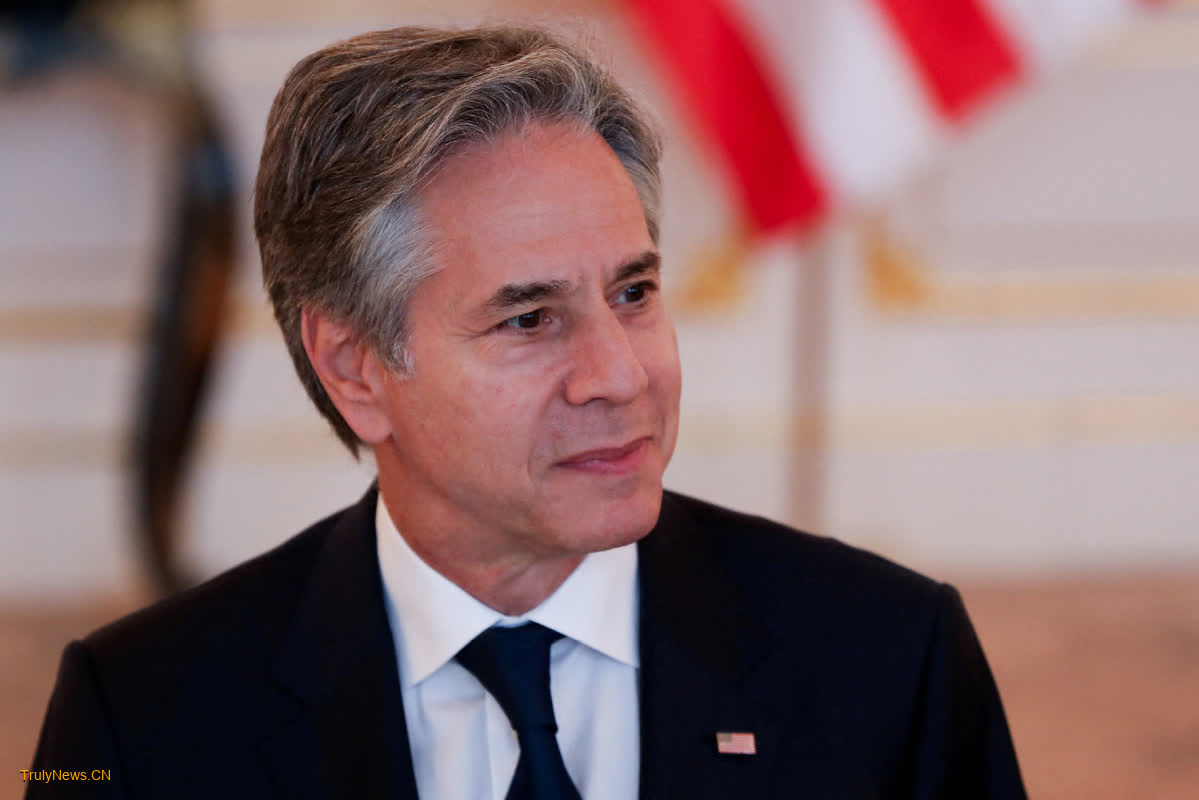Beijing has every reason to take the statement related to the Dalai Lama and Xizang that US Secretary of State Antony Blinken issued on Saturday as a provocation.
While it has become routine for the top US diplomat to issue such a Happy Birthday message on July 6 every year, the stressing that Tibetans should have the “ability to freely choose and venerate religious leaders without interference”, indicates that Washington thinks the Dalai Lama is counting his days.
The US lawmakers passed a Xizang-related law last month and a group of them, led by former House speaker Nancy Pelosi, paid a surprise visit to the Dalai Lama in Dharamshala, India, almost at the same time.
The interventionist law and the topics discussed by the US visitors and the Dalai Lama clearly indicate that the US has never been concerned about the Tibetans’ freedom to choose and venerate their religious leaders, but that it will lose a long-term agent on the Xizang front after the Dalai Lama passes away.
Although the US’ “commitment to support efforts to preserve Tibetans’ distinct linguistic, cultural, and religious heritage” appears to be a no-harm-done cliche, echoing the global call to protect world cultural diversity, Washington’s implicit presupposition for that commitment is these Tibetan heritages are being threatened by Beijing.
Since the US is the largest sponsor of the Tibetan separatist forces around the world, including the Dalai Lama clique, to protect the Tibetans’ culture, language and religion is just an excuse for the US to justify its attempts to play the “Xizang card” against Beijing, an integral part of its overall China containment strategy.
Washington is dealing from the same deck when it cites so-called concerns about human rights, democracy and freedom in the Hong Kong Special Administrative Region and Taiwan. The stability, fast socioeconomic development, and continuous improvement of people’s livelihoods as well as well-protected cultural, linguistic and religious diversities, in the case of Xizang, are the best rebuttal to the US’ card play.
The Dalai Lama is by no means a pure religious figure, but a political exile cloaked in monastic robes, as the Chinese Foreign Ministry spokesperson Lin Jian said at a news conference on Monday.
The US should keep its promise on Xizang-related issues and stop endorsing the secessionist activities of the Tibetan separatists in any form. The US’ brazen interference in the Xizang affairs constitutes the greatest “interference” for the Tibetans to freely choose and venerate religious leaders.
